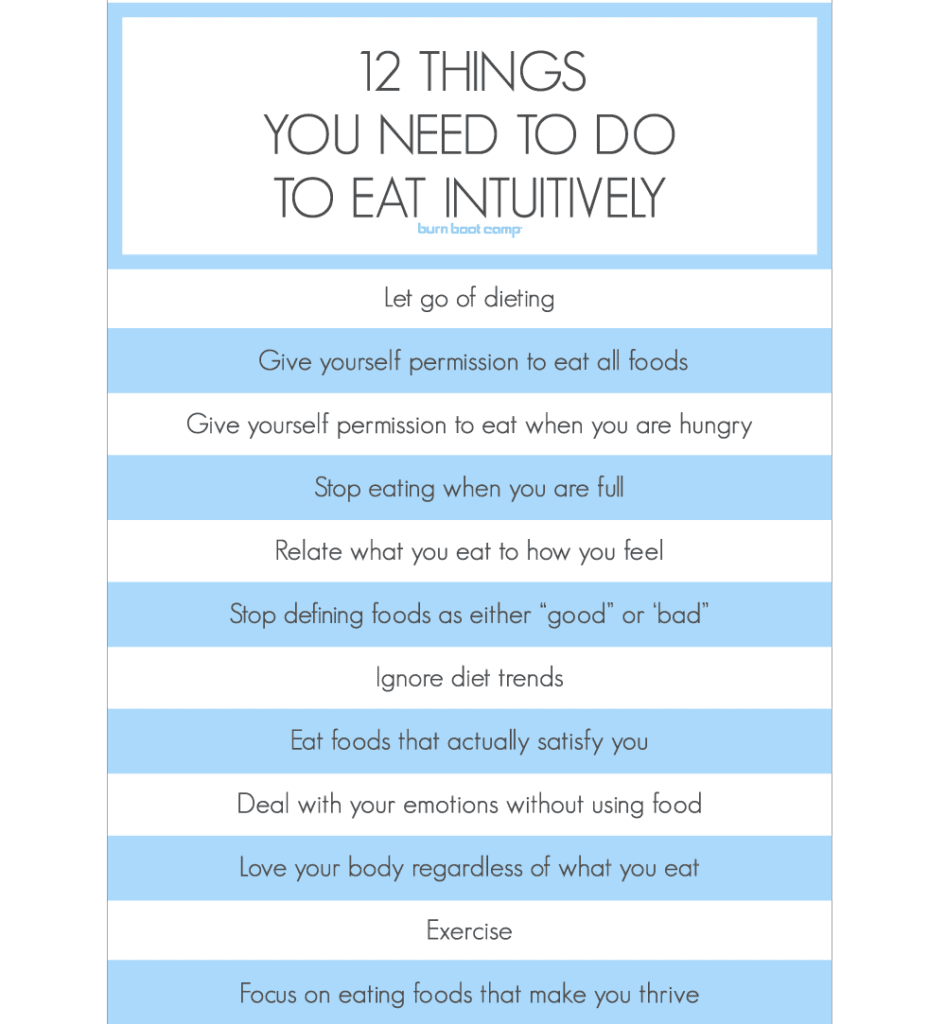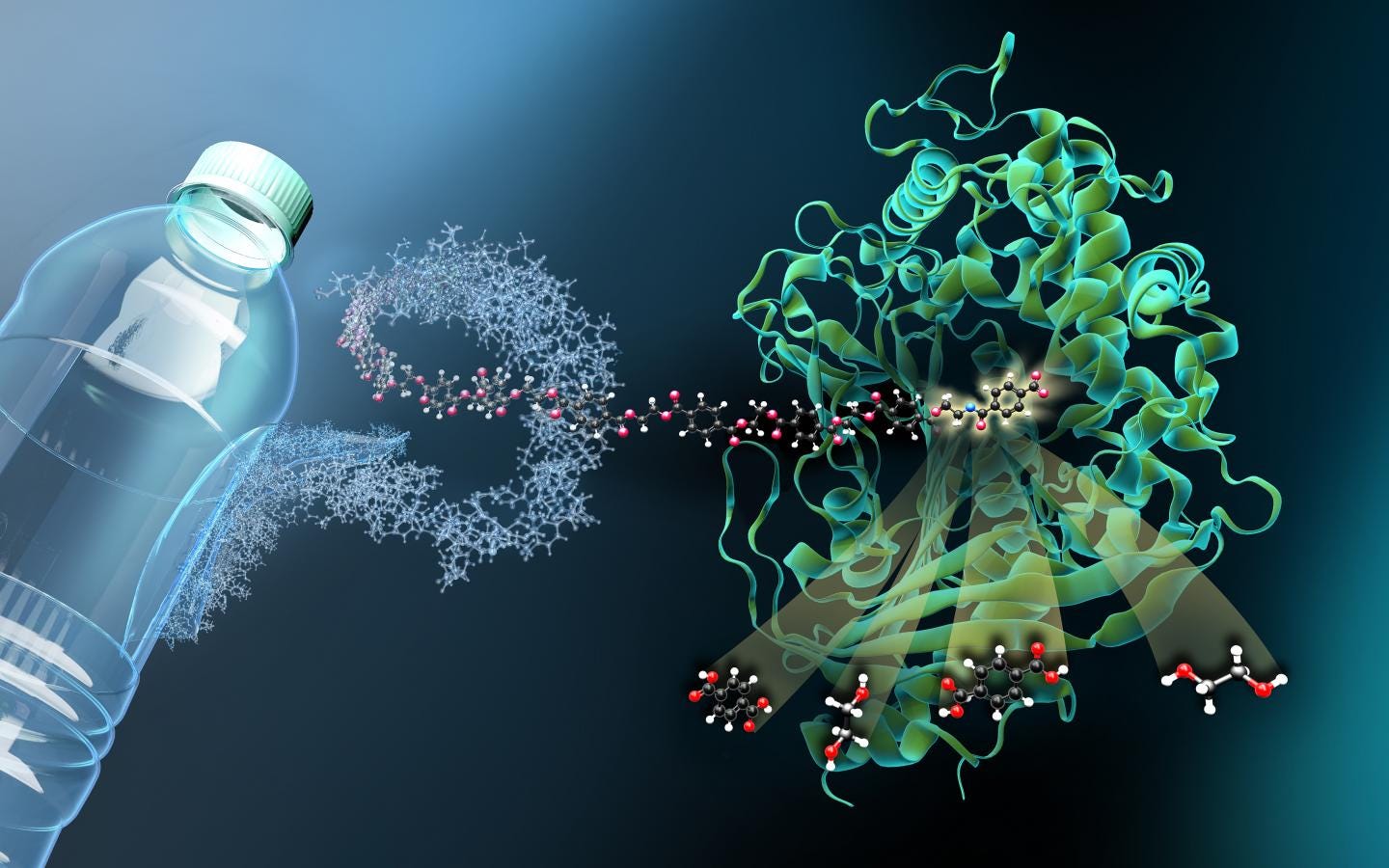Intuitive Eaters utilize the hunger and fullness scale to guide meeting their energy needs while also recognizing the normalcy of eating outside hunger at times. We are all born with the skill to eat to stop when we are full to eat when we are hungry and to eat satisfying foods.
 What Is Intuitive Eating Burn Boot Camp
What Is Intuitive Eating Burn Boot Camp
Intuitive eating is a mindful approach to nutrition that shifts focus away from calories willpower and dieting to support a healthier relationship with food.

What is intuitive eating. Unlike labeled diets and fads intuitive eating does not include following certain restrictions. Even if you are unfamiliar with the term you may be practicing IE unconsciously. Intuitive Eating is a self-care eating framework which integrates instinct emotion and rational thought and was created by two dietitians Evelyn Tribole and Elyse Resch in 1995.
Kids can be responsible for the which and how much which part of their lunch to eat first how much to leave on their plate. Intuitive Eating is a way of eating that gets ourselves in touch with how we approached food as infants and young children. Unlike traditional diets that restrict or ban certain foods intuitive eating requires you to stop looking at.
First introduced in a book by registered dietitians Evelyn Tribole and Elyse Resch in 1995 intuitive eating is about listening to your body and ditching diets. Intuitive eating is a simple idea. The idea is that you should eat when youre hungry and.
Intuitive eating is a great way to change your relationship with food without needing to count calories or cut out specific foods from your diet. Intuitive Eating is a weight-inclusive evidence-based model with a validated assessment scale and over 100 studies to date. Trust in and reliance on internal hunger and satiety cues eating for physical rather than emotional reasons granting unconditional permission to eat and choosing foods that support health and body functioning.
Definition of Intuitive Eating Intuitive Eating is a self-care eating framework which integrates instinct emotion and rational thought and was created by two dietitians Evelyn Tribole and Elyse Resch in 1995. As we grow up that can change for a variety of reasons. Were all born with the ability to know when to eat and when to stop eating and also know what is pleasurable and satisfying Rhonda says.
Intuitive Eating is a dynamic self-care eating framework about learning and discovery. Intuitive eating is an evidenced-based approach to eating that was first introduced by two registered dietitians Evelyn Tribole and Elyse Resch. Intuitive Eating is a weight-inclusive evidence-based model with Read more.
According to the National Eating Disorders Association intuitive eating is about trusting your body to make food choices that feel good for you without judging yourself or the influence of diet culture. Intuitive eating is about trusting your inner body wisdom to make choices around food that feel good in your body without judgment and without influence from diet culture. Intuitive eating IE is a philosophy or practice that is drive by an individuals body and personal eating habits.
Babies have an innate instinct of satiation and arent super influenced by external cues yet which I will get more into. Intuitive eating is a flexible pattern of eating that involves. Intuitive eating dietitians often suggest parents be responsible for the what when and where of eating for example when its time to eat dinner and what is served.
It means that you make peace with all types of food. People are so sick of dieting. Intuitive eating is all about listening to your body and eating according to your bodys needs.
Intuitive eating is an eating style that promotes a healthy attitude toward food and body image.


